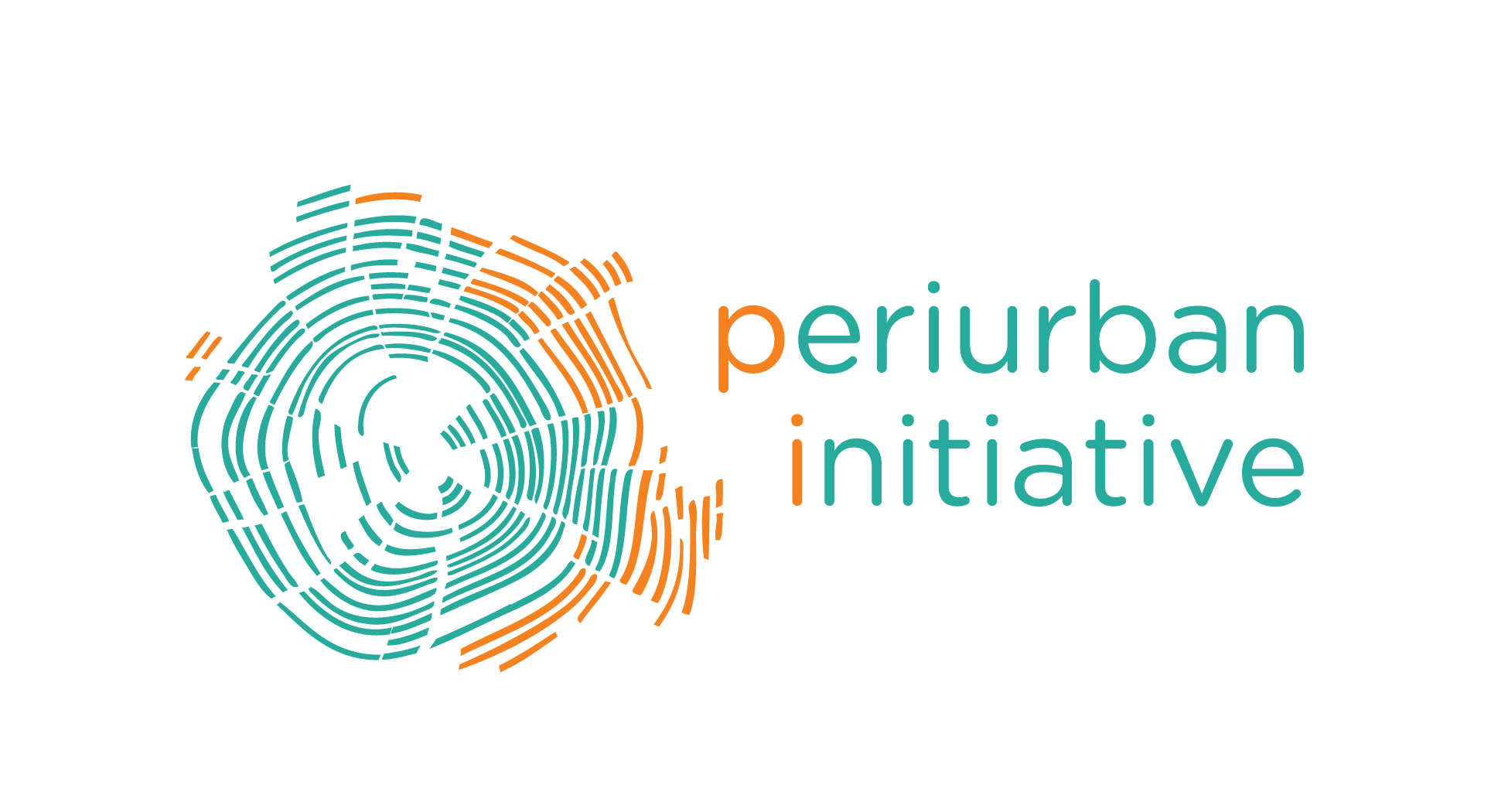Where is my Water?
As part of the project work in Sriperumbudur peri-urban interface, we conducted a few pilot surveys on basic amenities in Irungattukottai village in Sriperumbudur Taluk. During one of the many surveys, I learned about water scarcity in the region. As a Tamil speaker, I teamed up with a non-Tamil speaking intern. We began our survey with a household where the woman was sweeping the premise of the house.
The stories unfolded how the Villagers have been facing challenges on access to water in the village for years.
As usual I was about to introduce who we were and the purpose, however, the middle aged woman suggested we go to the back portion of the house as she was too busy to respond to the survey. She said a few males were sitting there and they would be able to respond our survey.With mixed feelings of encouragement and disappointment, we walked to the other side of the house. Surprisingly, we found two women sitting outside their houses. We immediately began our informal chitchat with them. With the introduction of our water survey, both the women smiled at us.
During our conversation, four members from other households also joined us in our conversation. We were told about the water scarcity problems. Similar problems were mentioned in nearby households and this went on in every household we met during our first round of surveys. We learned that there was no water supply through the connected pipe for the past one month! The households shared that they were supplied with water in their pipes once in a week for only 30 minutes. The villagers were able to store water for a week for use, but what if the water supply wouldn’t make it through to next week? What should they do under those circumstances? The villagers are always forced to think about the unimaginable situation where there is no water.
I learned that during the last three years, they have not received sufficient water as required. During the dry season, they fetch water from tankers or lorries provided by private owners at 50 rupees (INR) for one barrel/drum. They also buy can water (bottled water) for sole drinking purposes.
Sometimes, they go to the river to wash their clothes and bathe when water supply is irregular or during a dry season. We know that right to water is a fundamental right under Article 21 of the Constitution of India. During our survey, we observed that people were questioning their ‘right to water’. Every household in the village is connected with individual piped water supply by local bodies. However, having a connection should not be the only aim of various central and state schemes. Schemes should ensure proper plans for supply of water.








